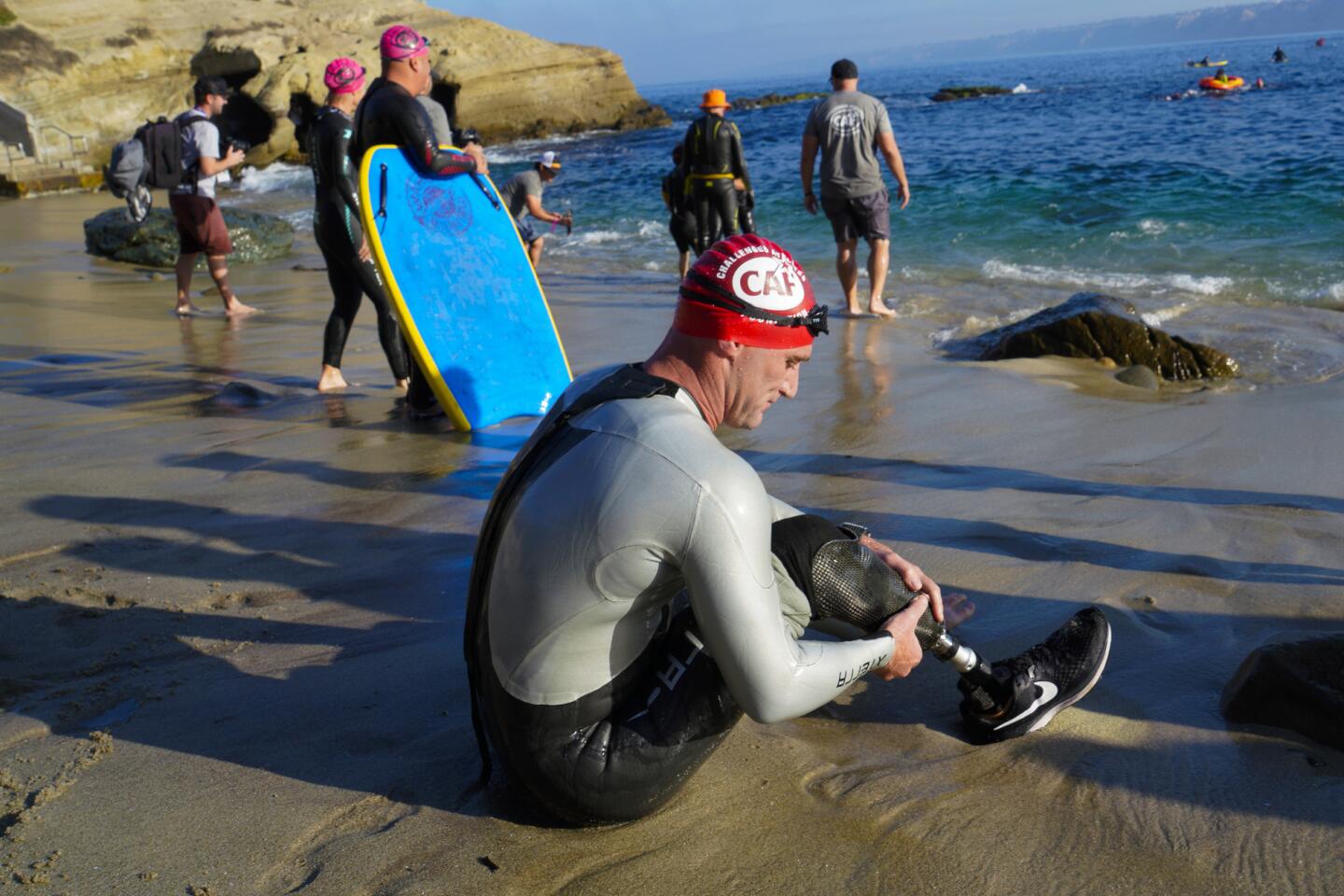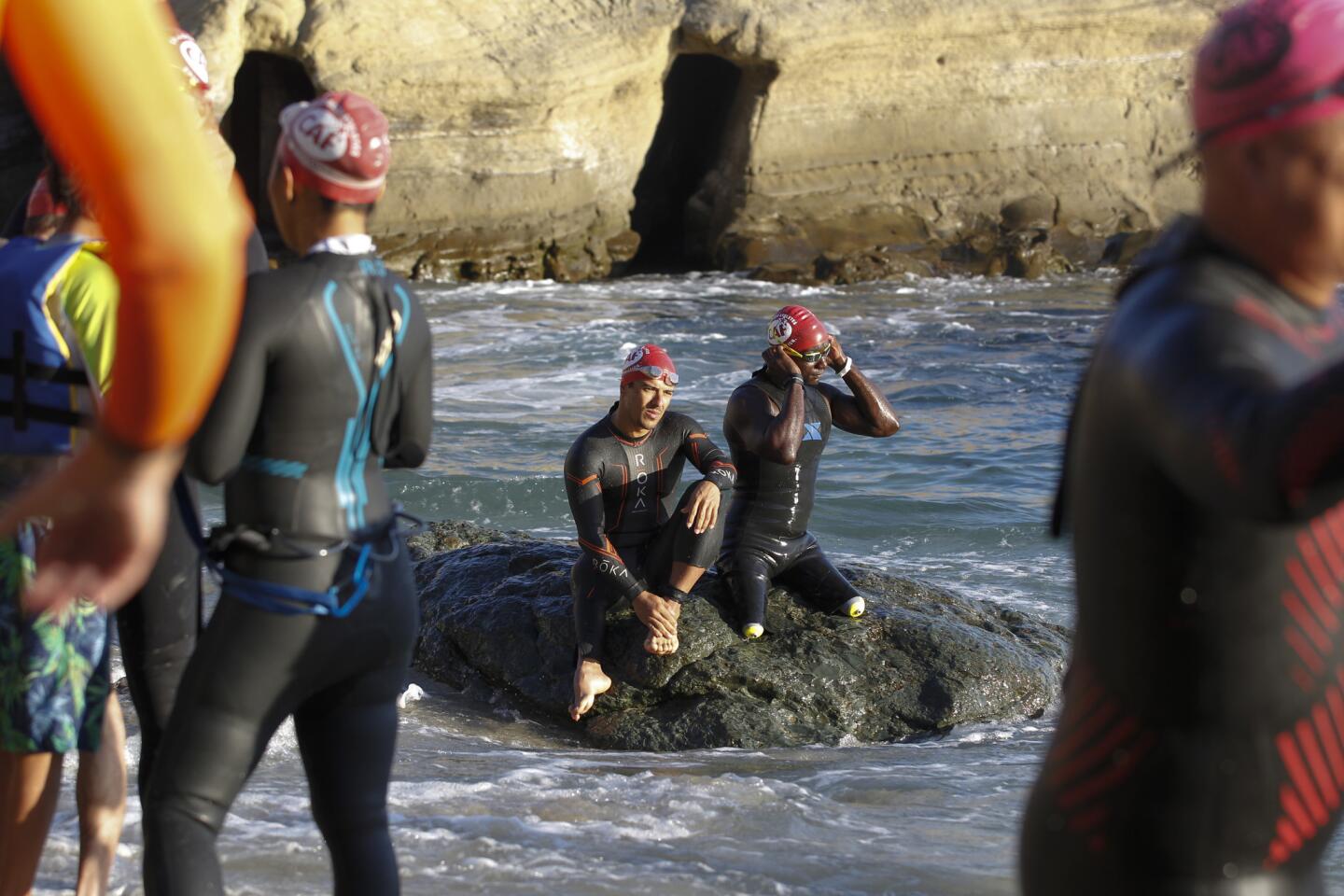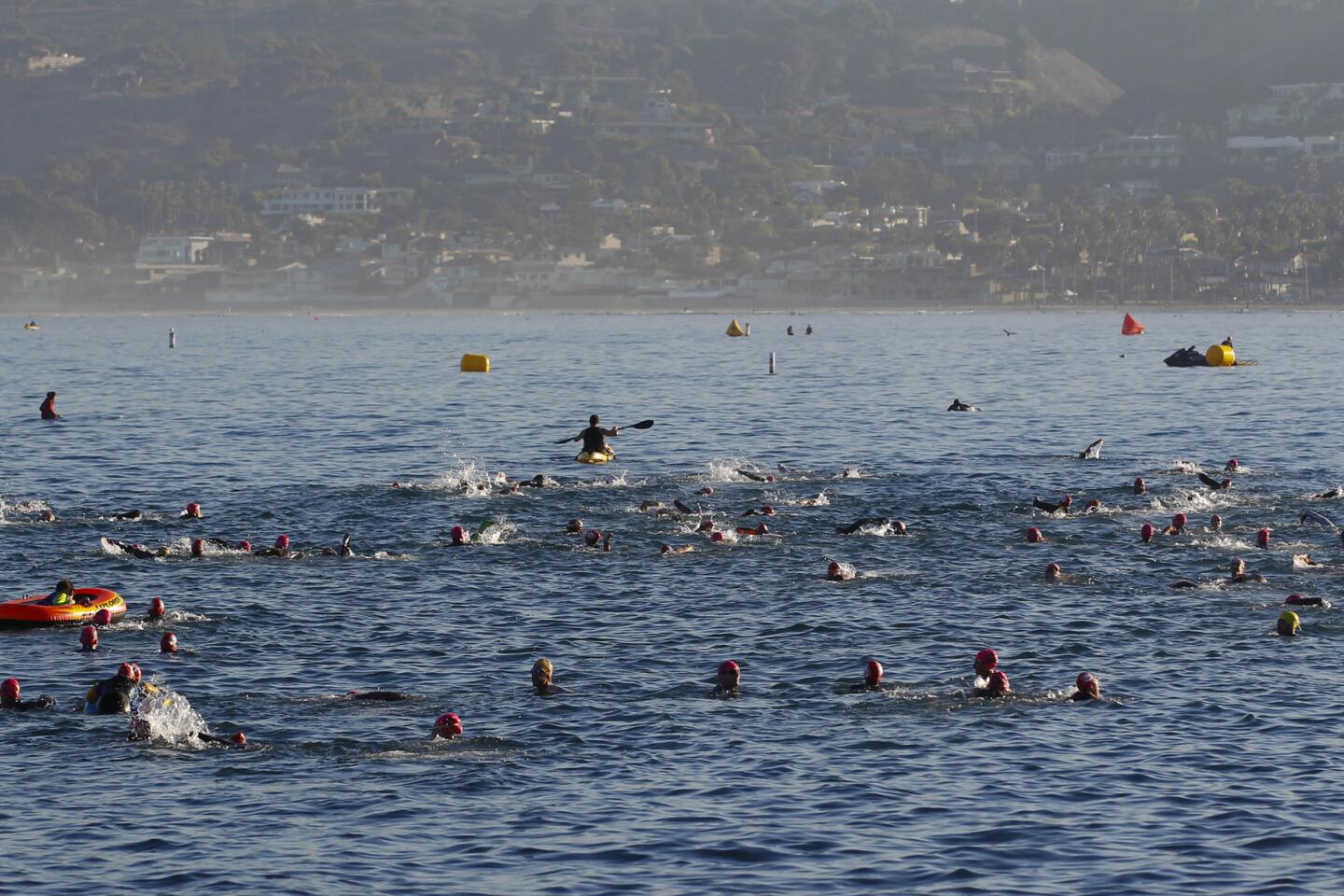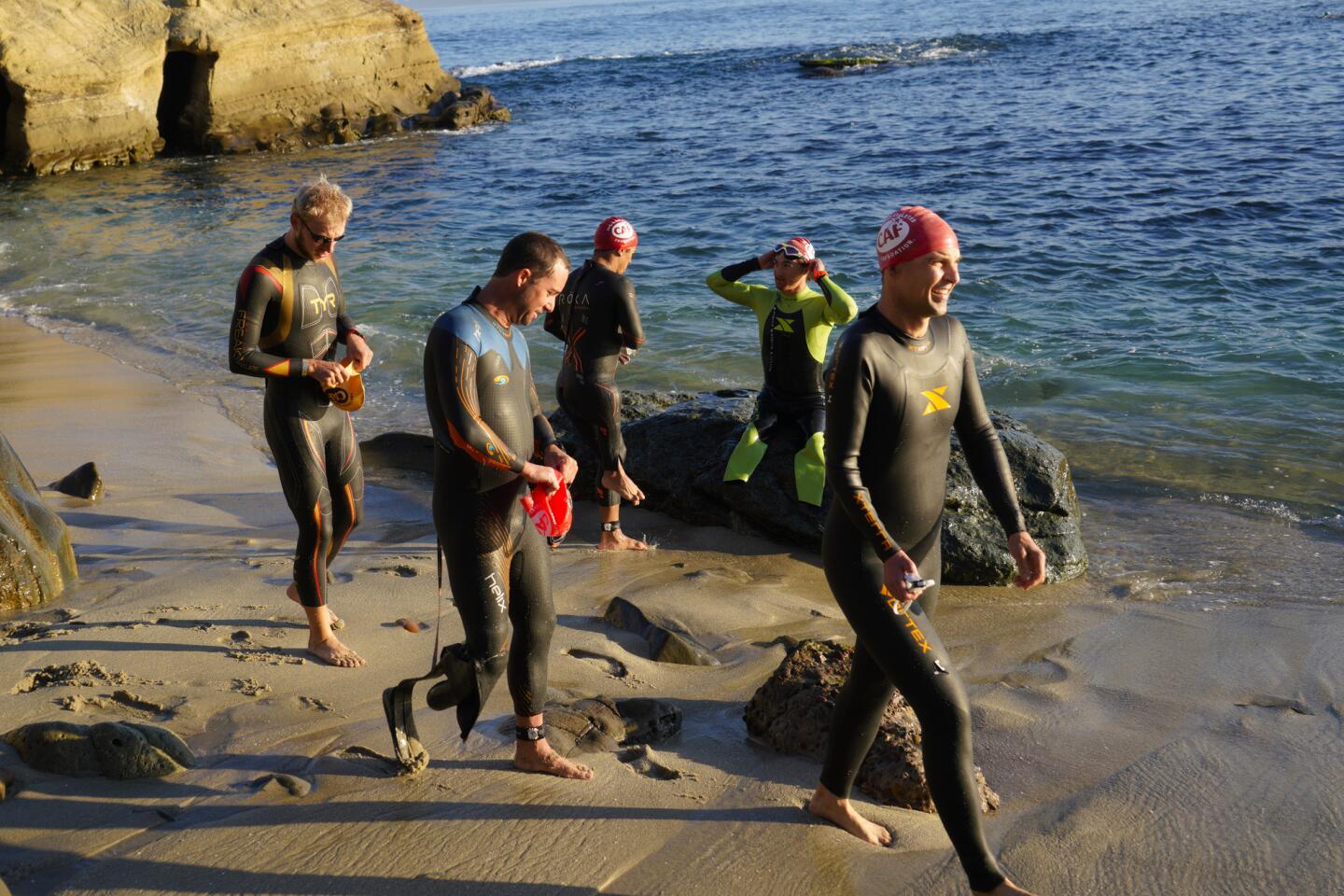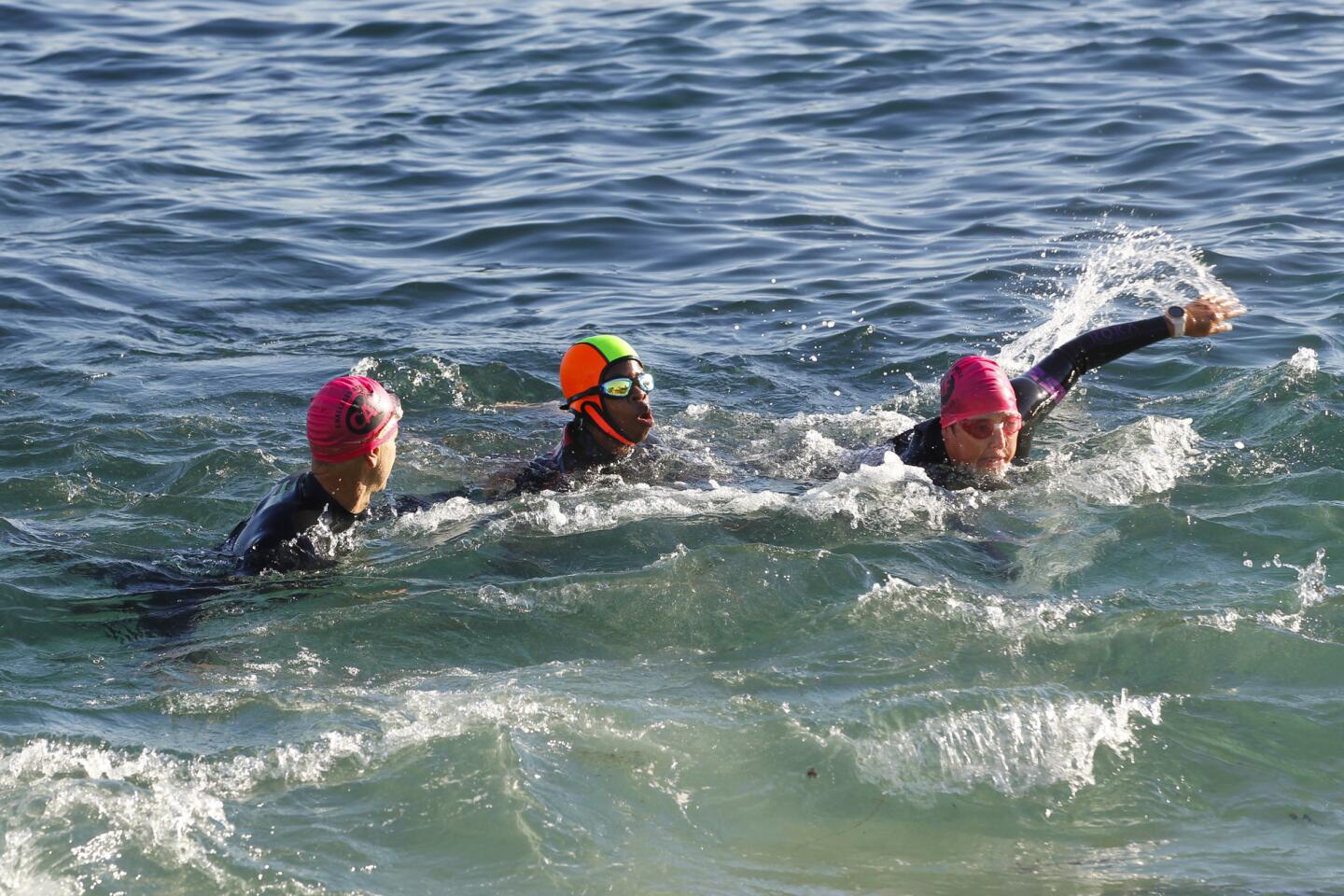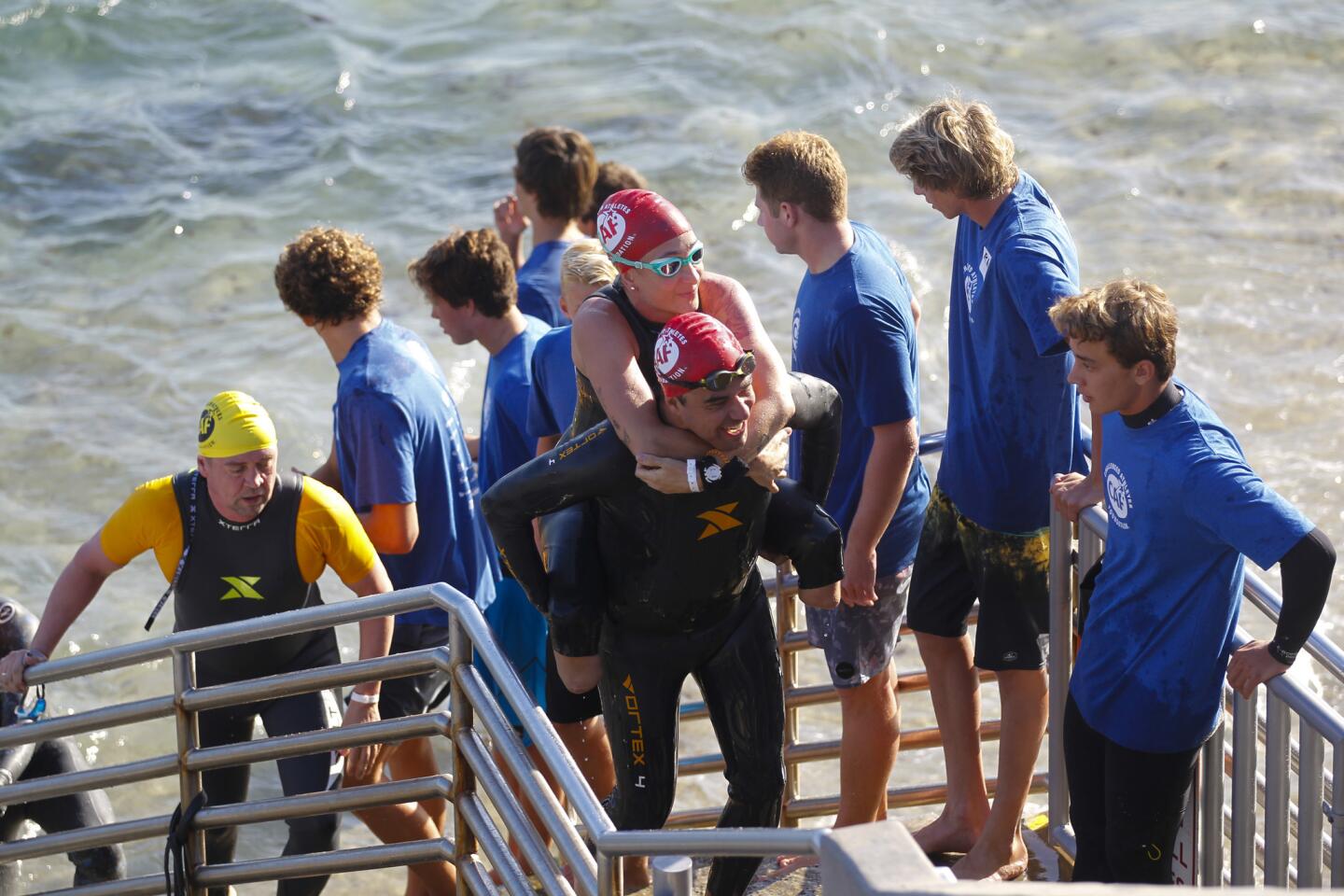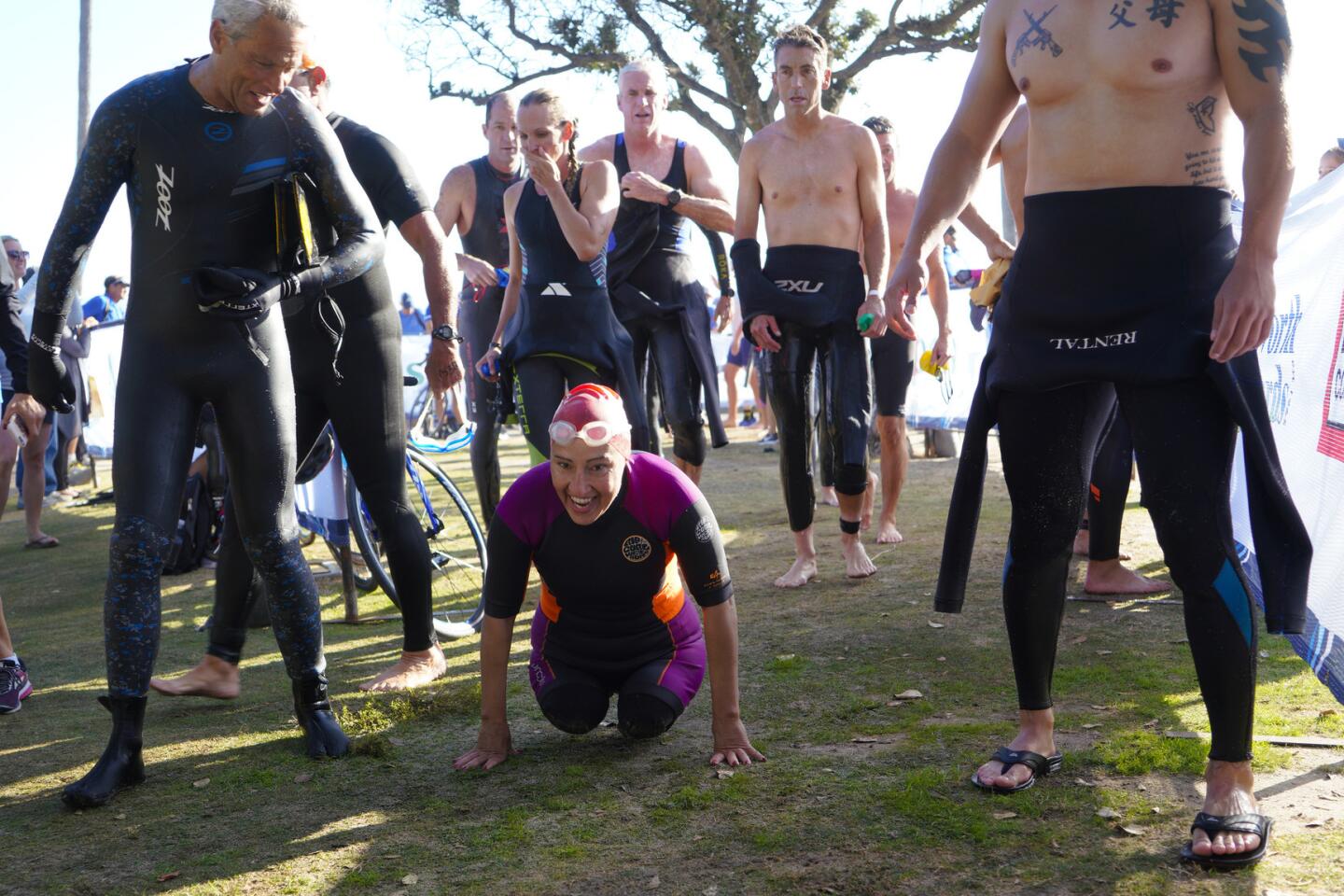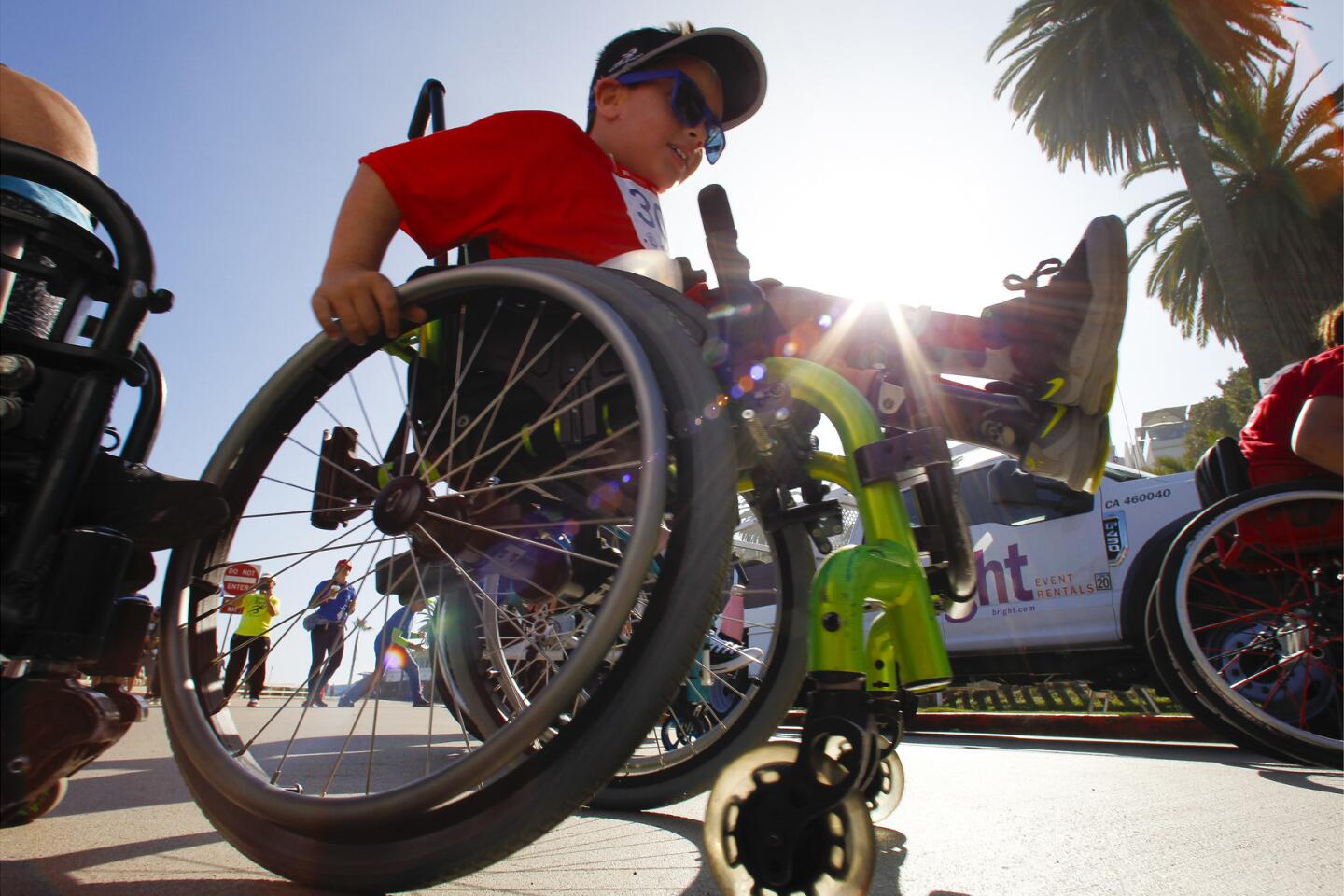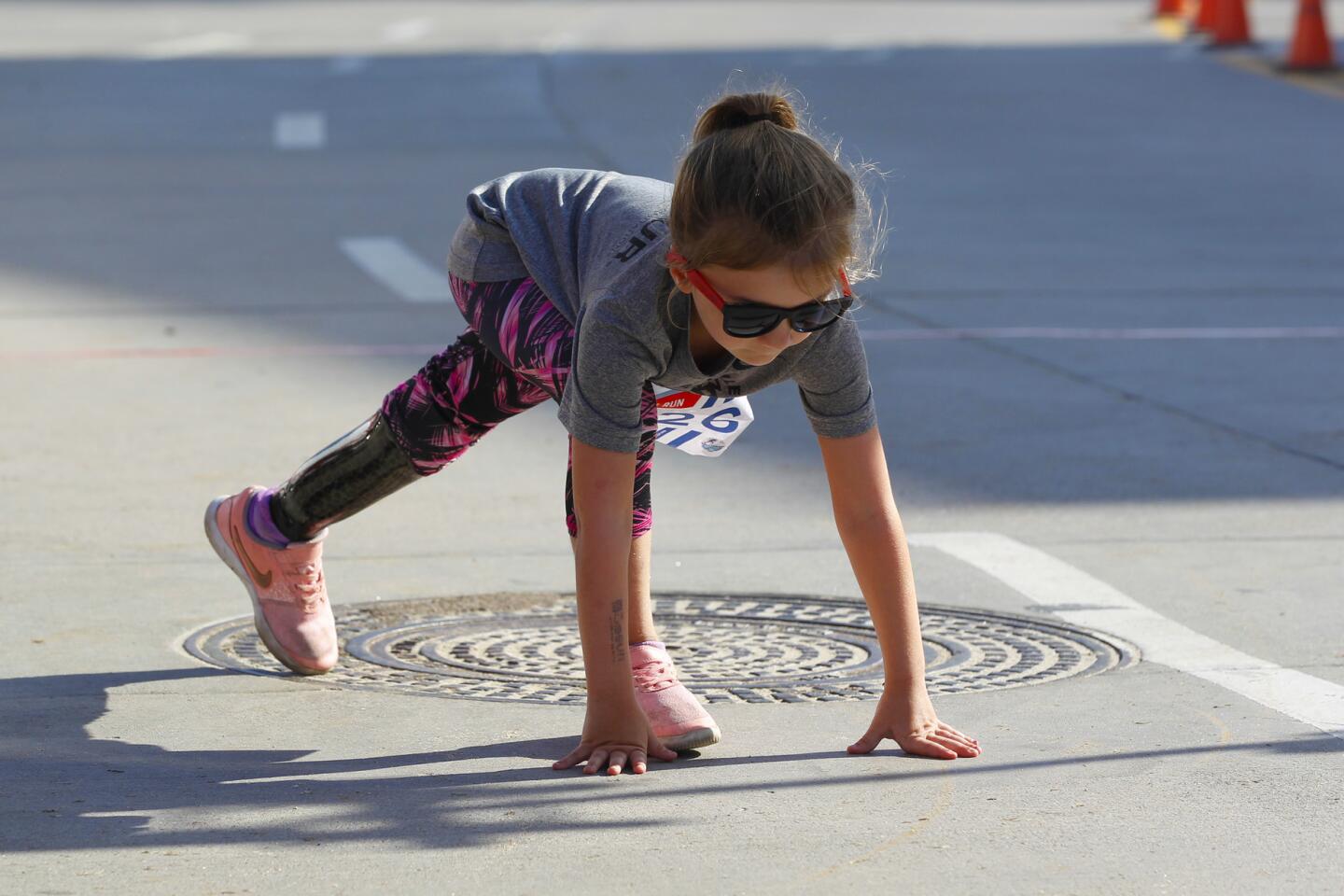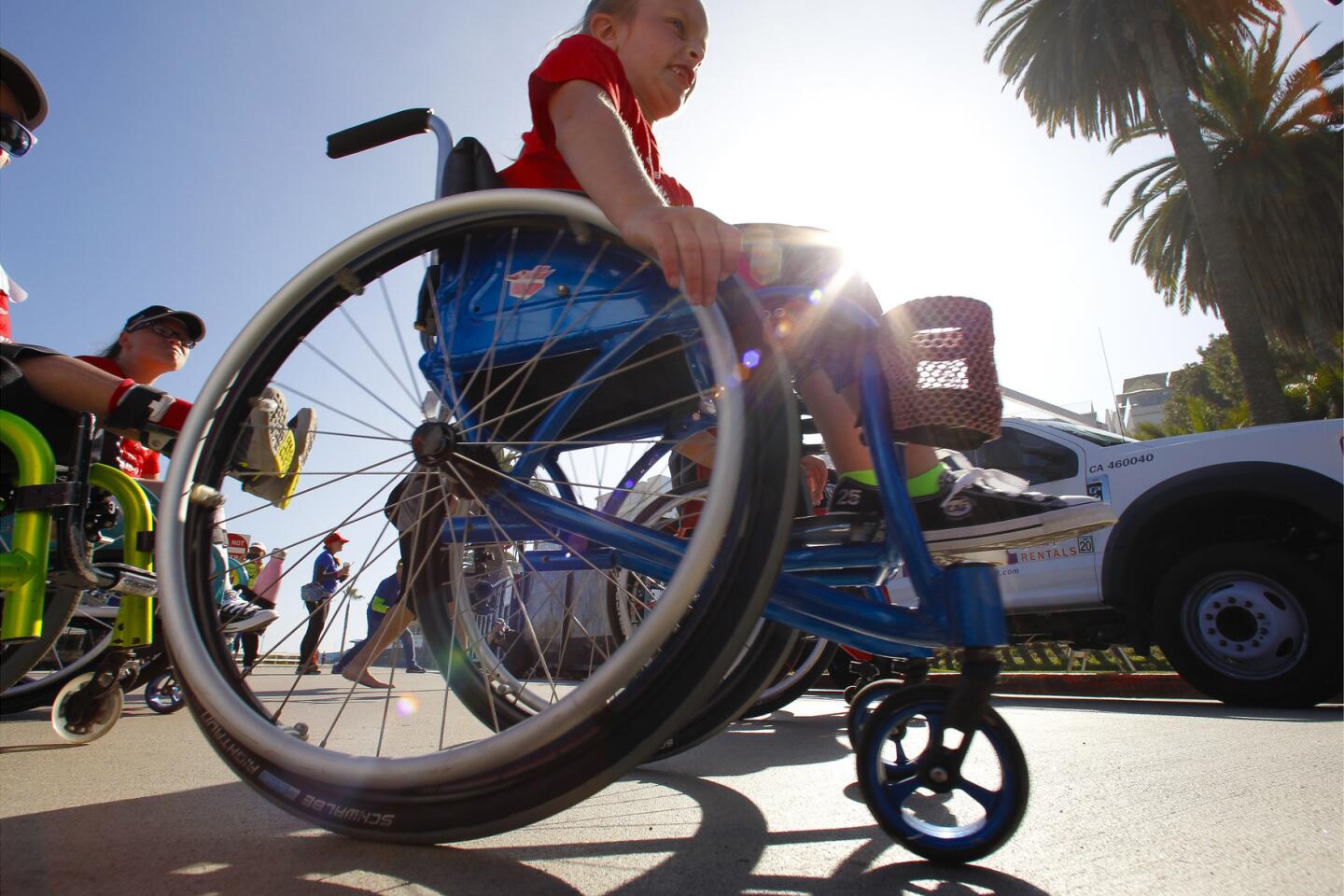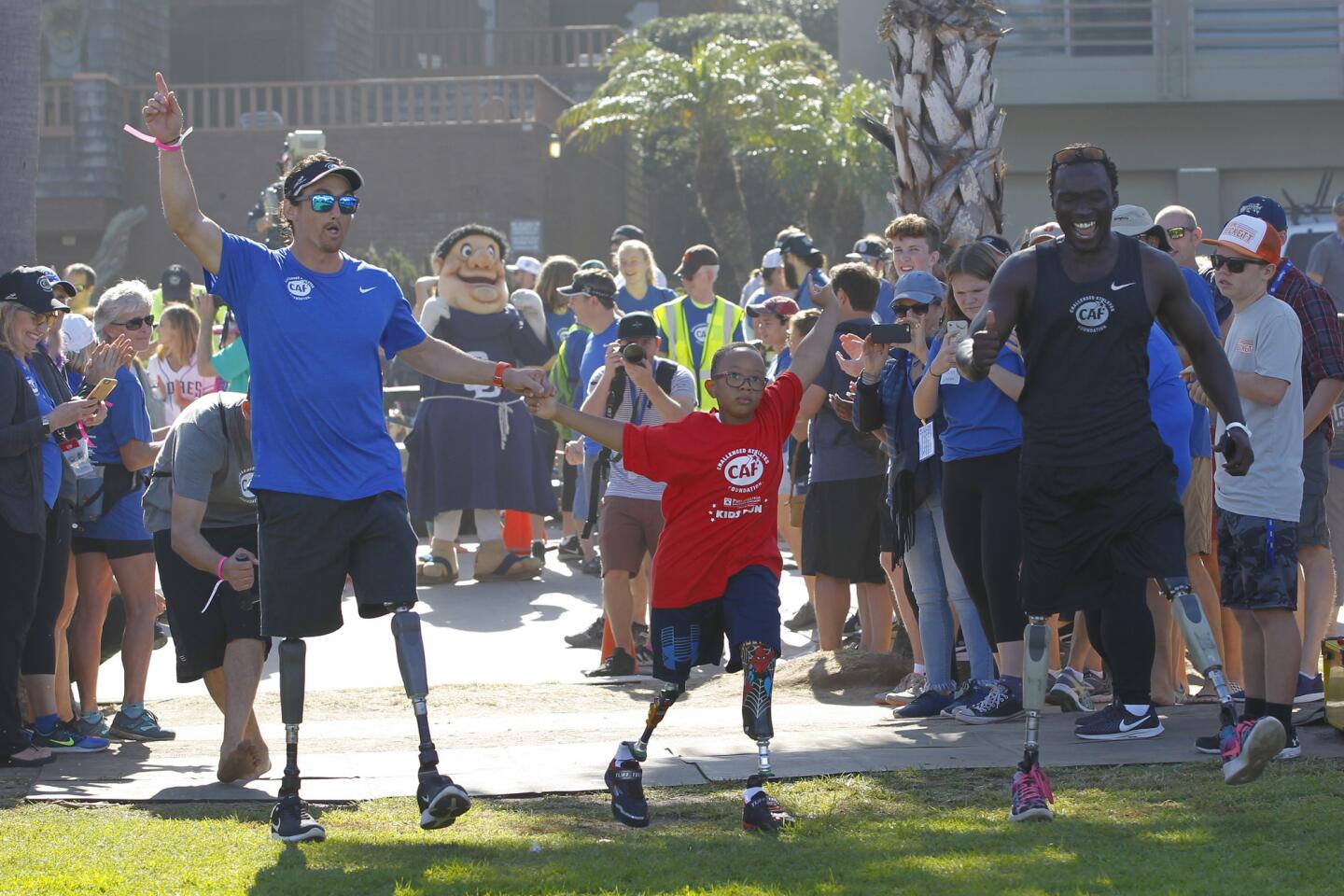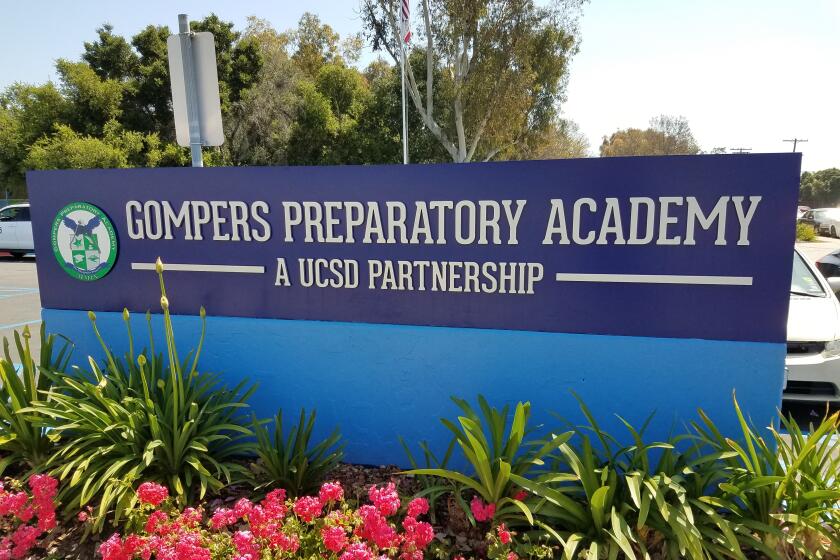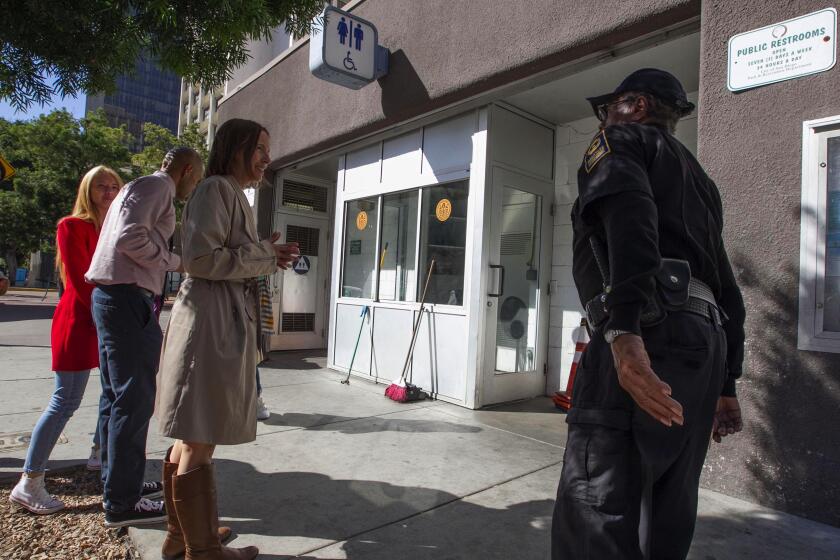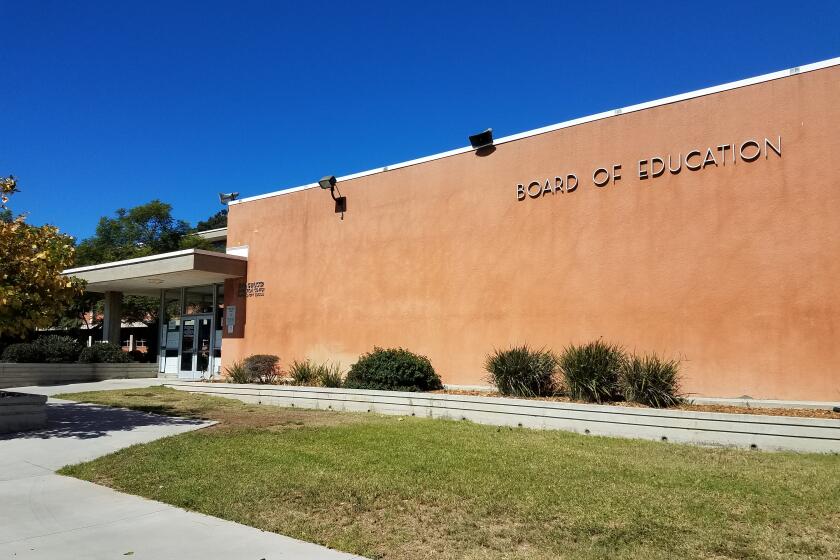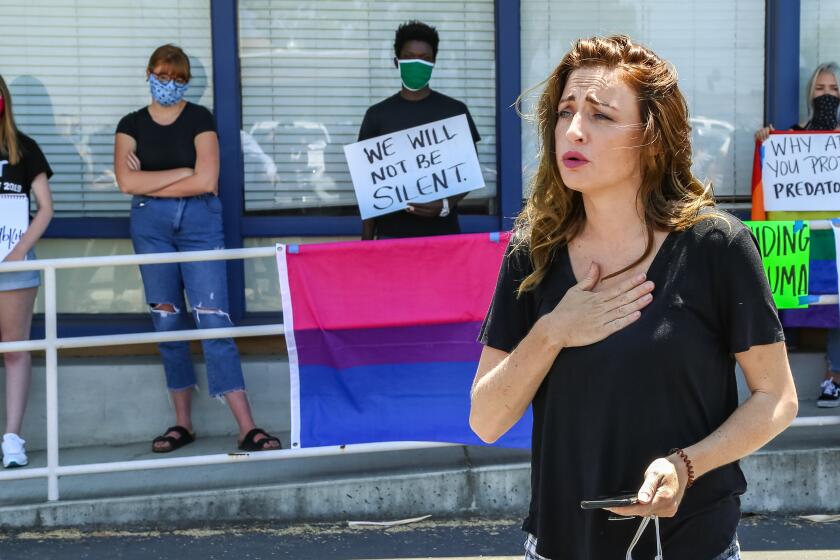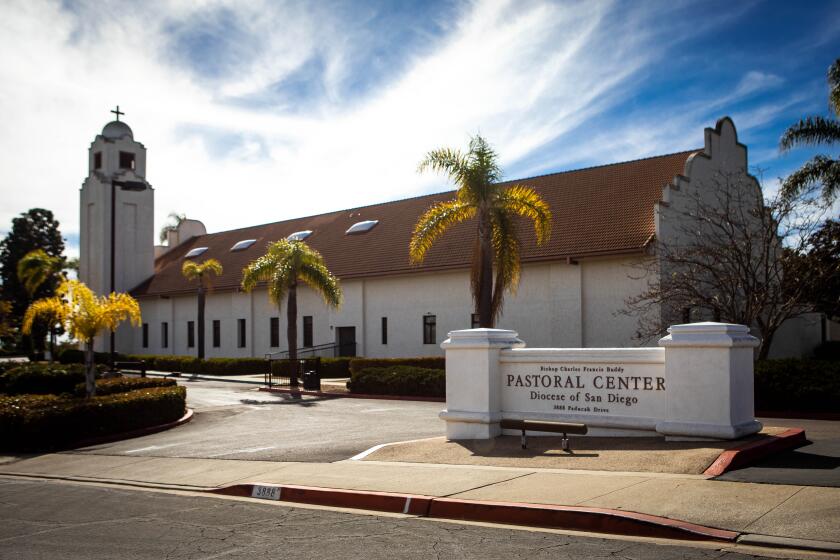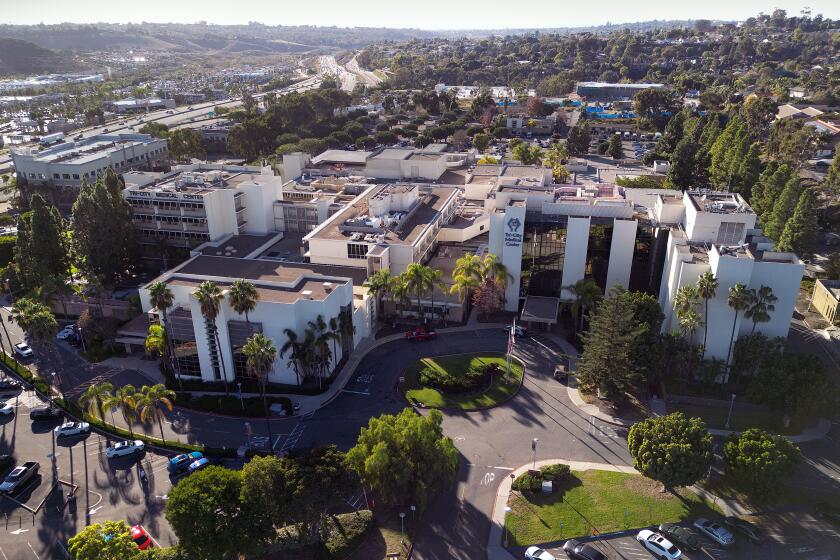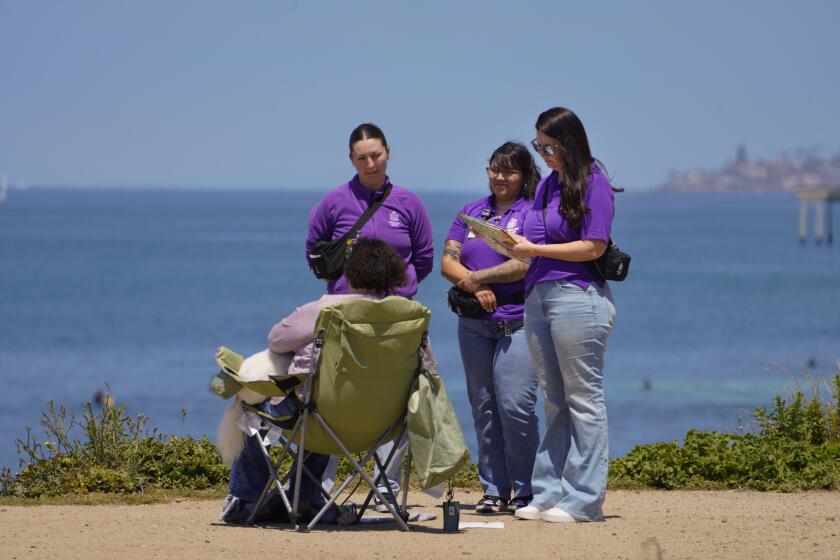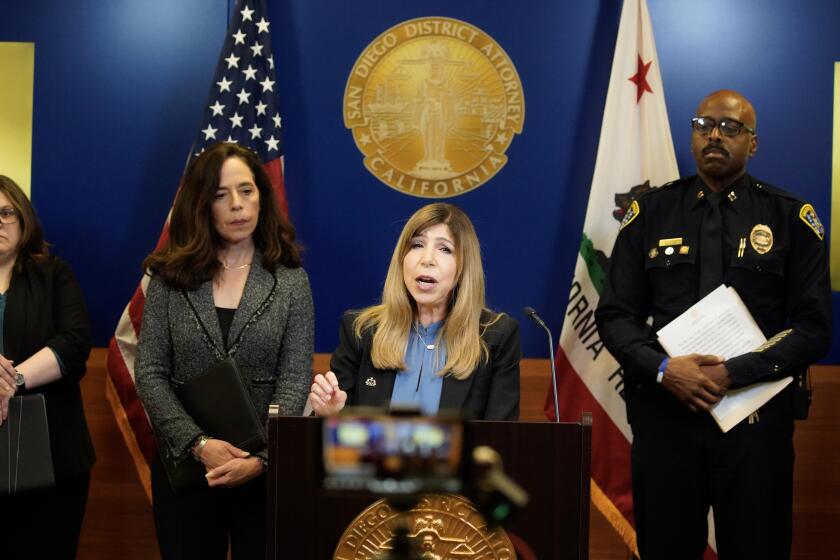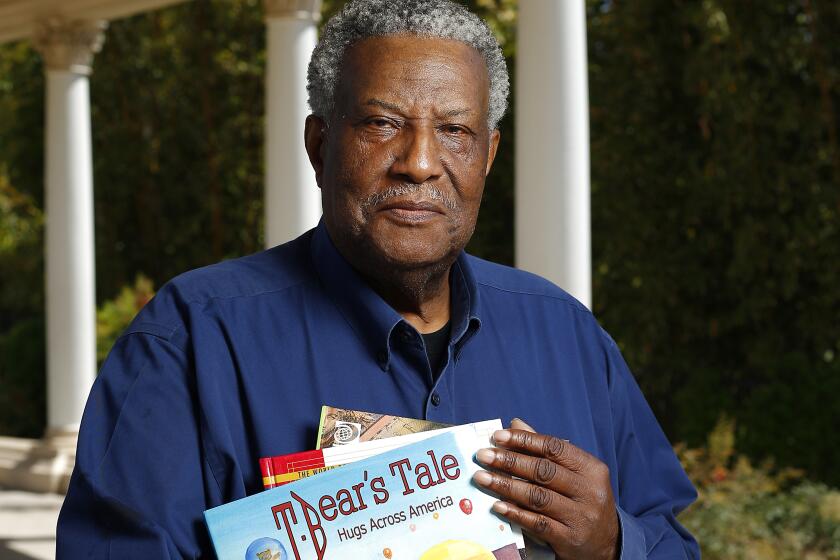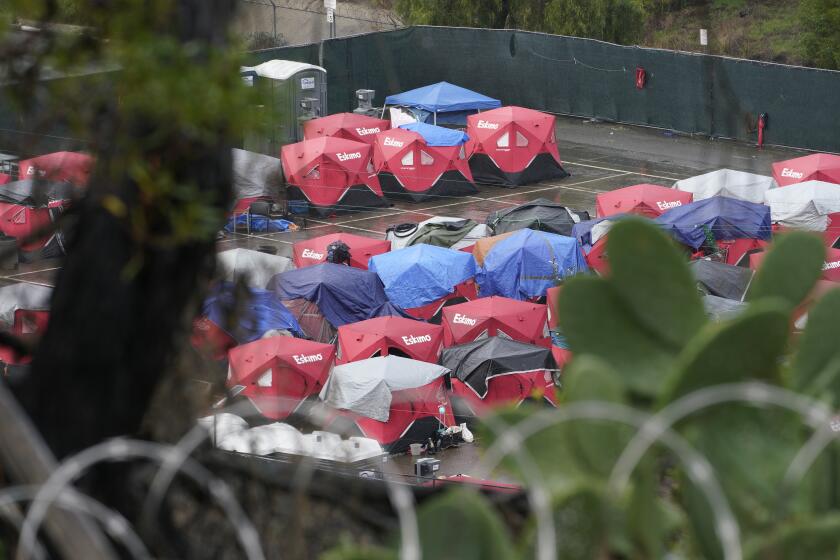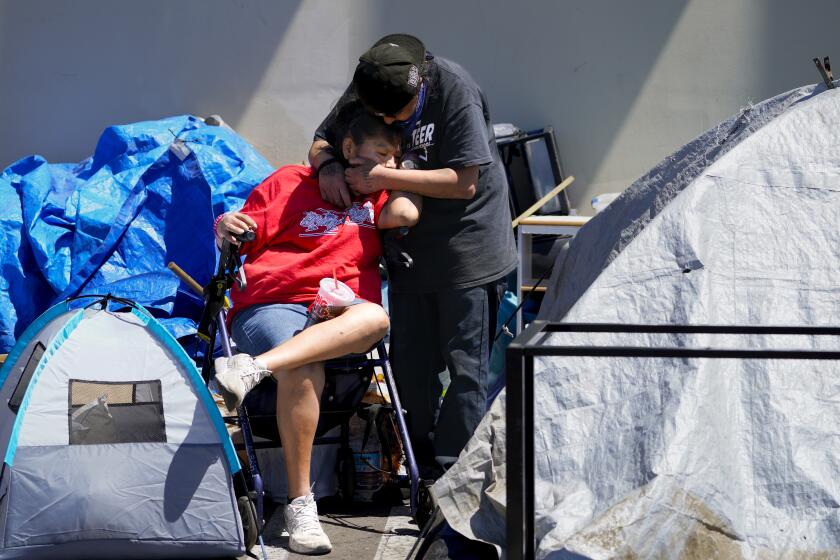Hundreds compete as Challenged Athletes Foundation’s annual triathlon hits 25-year mark
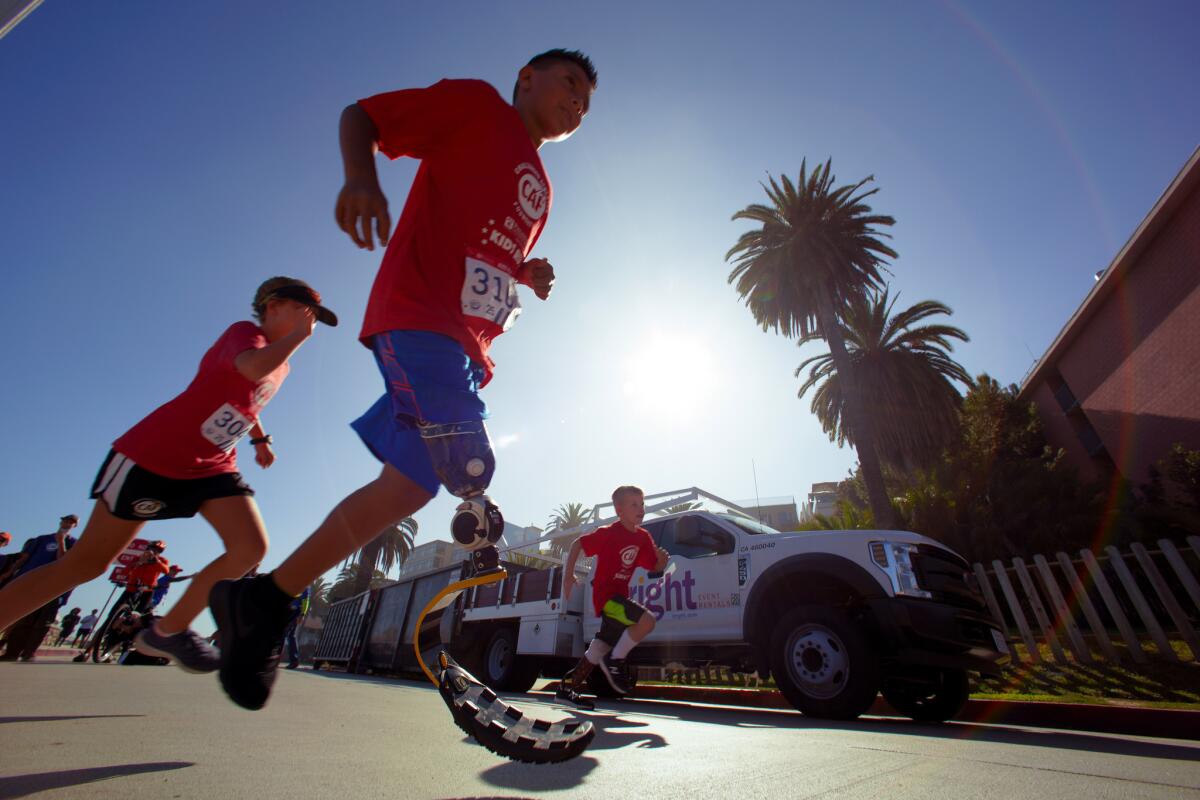
When David Pixley’s daughter was born, doctors didn’t know if she would ever be able to walk.
Morgan Pixley, now 5, was born without a left femur, which caused the bones and joints below the femur to grow near her hip.
“I remember when she was itty-bitty … it was a mystery at that time. We were constantly wondering, ‘When is she going to walk? Is she going to walk?,” David Pixley said. “Then we saw her walk. Then we saw her run. Now there’s nothing she can’t do.”
Morgan was on the swim team last year. She is learning how to ride a bike and to skateboard.
“She also loves to hike,” Pixley added. “The steeper the better.”
On Sunday, Morgan was one of hundreds of able-bodied and challenged athletes competing in events at the Challenged Athletes Foundation’s (CAF’s) 25th annual San Diego Triathlon Challenge.
The weekend-long celebration in La Jolla featured a 5K fitness walk, auctions, clinics, a five-mile run, yoga classes by the ocean, a cycling marathon, and a triathlon consisting of a one-mile swim, 44-mile bike ride and 10-mile run.
The festivities kicked off Friday as a record 166 cyclists — including 18 challenged athletes — rode some 700 miles from Sausalito to San Diego for the 2018 Million Dollar Challenge.
Among the cyclists were San Diego residents Brian McGoldrick and Scott Leason, who participated in a portion of the race, riding a tandem bike together from Los Angeles.
“I’m his seeing eye dog out there,” McGoldrick said.
Leason lost both of his eyes and his sense of smell from a gunshot wound 25 years ago. He was paired with McGoldrick in 2015 through the Blind Stokers Club, a group that matches sighted pilots or front-seat riders with blind and visually impaired “stokers,” which is the term for the rider on the back seat. Since then, they’ve competed in several athletic events, including three Ironman races.
Leason, 62, said physical fitness has helped him heal and he still can’t believe what he’s been able to achieve since the accident.
He competes in national surfing, water skiing and wake boarding competitions, and also volunteers for Operation Rebound, a subsidiary of CAP that gives training grants to wounded warriors, first responders and veterans.
“My mantra is never lose sight of your goals and dreams,” Leason said. “I was pretty angry about what happened to me but that anger has dissipated over time with the help of CAF. They help you get back into life.”
Inspirational stories like Dixie’s and Leason’s are the norm at the weekend event, according to Jeff Essakow, a co-founder of CAF and one of the 22 participants of the first race in 1993. At the time, the goal was to raise $25,000 to help a former athlete and quadriplegic afford a medical vehicle and treatment.
“We raised $49,000,” Essakow said. “We thought we were done after that but the phone started ringing off the hook. We said, ‘let’s do it one more time.’”
Twenty-five years later, the one-time fundraiser is now a massive organization that has helped raise more than $107 million in grants for 23,000 physically challenged individuals.
“On top of that, we’re eliminating the stigma that was once associated with being challenged,” Essakow said. “Before, someone with a disability was pitied. Today, they’re great athletes that truly epitomize athleticism, strength bravery, courage, competitiveness. That’s what it’s about.”
Top headlines by email, weekday mornings
Get top headlines from the Union-Tribune in your inbox weekday mornings, including top news, local, sports, business, entertainment and opinion.
You may occasionally receive promotional content from the San Diego Union-Tribune.
